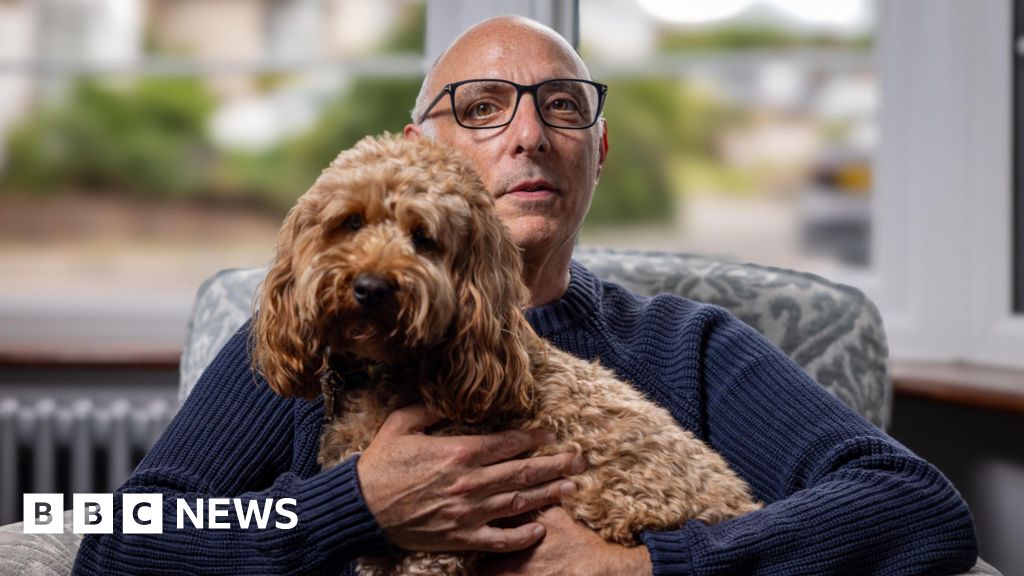A dog lover has blamed uncut weeds for a trip to the vet for his dog that left him £300 out of pocket.
Richard Freedman said seeds from sprouting grass got stuck in Chester the cockapoo’s ears while they were out for a stroll and he needed emergency treatment.
Mr Freedman, of East Barnet, north London, claimed he knew of three other dog owners whose animals had suffered similar “painful injuries” to their ears, eyes and paws.
Barnet Council said it had a “programme to cut grass and remove weeds across the borough”.
“Some areas are left longer to enhance biodiversity, however we are happy to work with dog owners to ensure our environment is safe for all to enjoy,” it continued.
Mr Freedman told the Local Democracy Reporting Service: “Pet owners are now avoiding certain routes entirely and the problem will only worsen as more grass goes to seed over the summer months.
“The council has a responsibility to maintain streets safely for all residents, including their pets.”
Mr Freedman said four “bits of seeds” were removed from Chester’s ear under sedation.
When leaving the vet Richard said another dog owner told him their animal had the same thing happen.
“Dogs sniff the ground, that’s what they do, and the council for some reason has decided not to clear the street of weeds,” Mr Freedman said.
“I walk two miles (with Chester) and every 10m or so there are weeds popping up either by the road or all the way through the pavement and I have to struggle to keep my dog from sniffing where the grass seeds are.
“The state of the streets are atrocious.”
British Veterinary Association president, Elizabeth Mullineaux, said: “Grass seeds, or awns, are sharp parts of certain grasses and cereal crops that can penetrate a dog’s skin or enter body cavities, where they act as a foreign body and cause tissue damage and infection.”
Cases are more common in summer when awns were ripe.
Dr Mullineaux said: “They are usually associated with the types of grasses or plants grown on farmland.
“Our advice to pet owners is to avoid walking or letting dogs run through fields of ripe long grass or cereal crops and to check their paws, ears and fur after a walk to remove any stuck awns.”
Veterinary advice should be sought if your pet has swelling between its toes or is shaking its head vigorously, she added.
